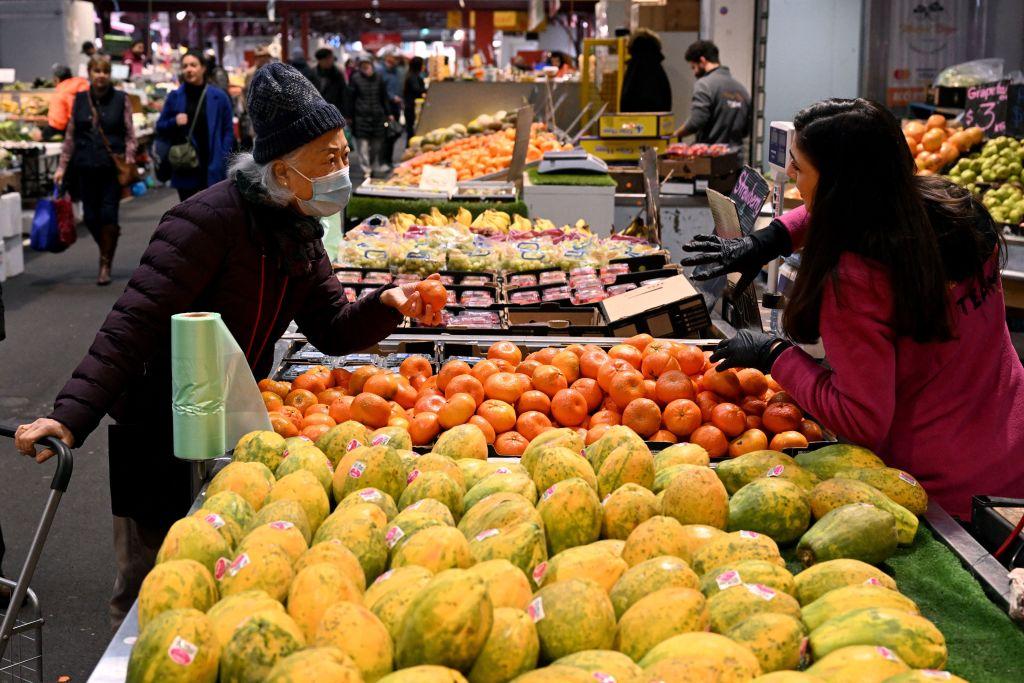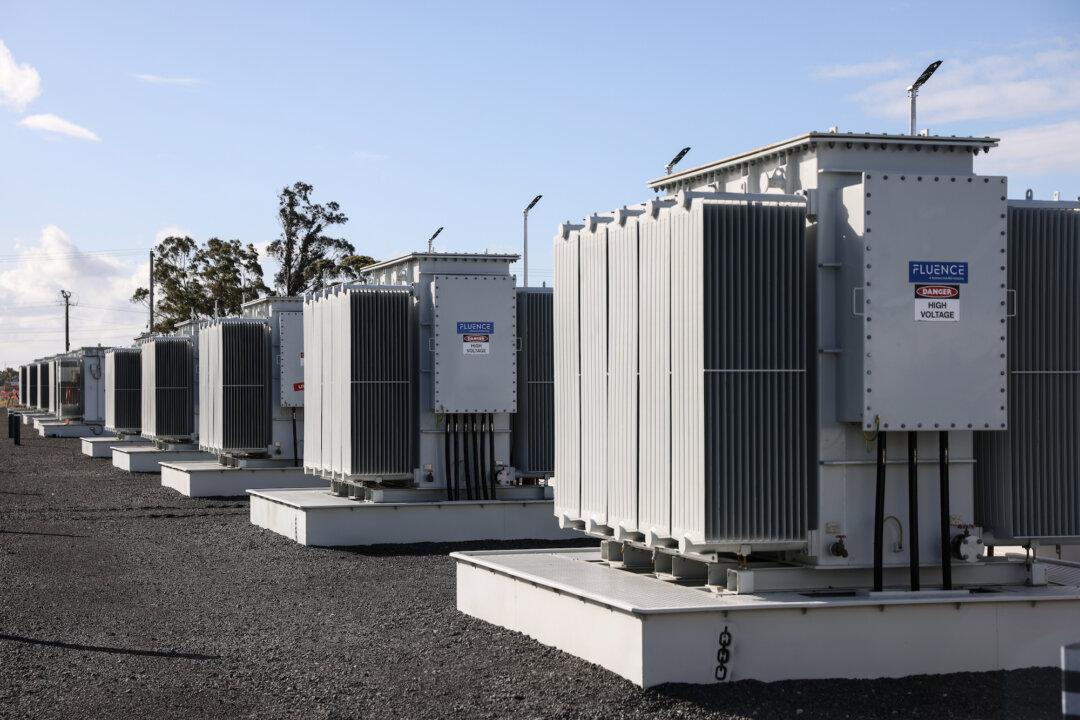Australian Health Minister Mark Butler said the United States election results indicate voters want governments to focus on cost-of-living issues.
President Donald Trump and the Republican party swept the election, clinching victory in the presidential race, House, Senate, and popular vote.




